The energy crisis is continuing to impact the world around us, which makes it even more crucial to ensure that you’re not wasting any energy and spending more money than you need to on energy bills.
According to the Office for National Statistics, in the 12 months leading to February 2023, electricity prices in the UK increased by 66.7%, whilst UK gas prices saw a staggering rise of 129.4%, highlighting the astronomical surge in energy prices.
A thermal imaging camera helps to detect heat, so it can be a great tool to use personally to discover where your home is leaking energy, or in your work life if you’re responsible for paying the bills at your workplace.
Brands like HIKMICRO are offering innovative technologies to help achieve a more sustainable society. Read on to find out how.
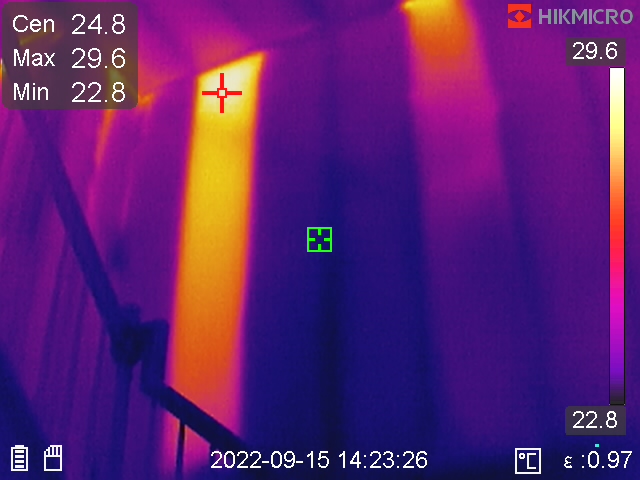
How does thermography work?
A thermal camera works by detecting infrared energy (which is invisible to the human eye), and converting it into a visual image, which is displayed on its screen. Through this image it’s possible to assess the temperature of a particular object, and also to compare it with other objects in its vicinity with the coloured image it projects.
Thermal energy is emitted by everything we encounter on a day-to-day basis. The more heat something produces, the more thermal energy it gives off. Heat can be detected with a thermal camera very precisely, with some managing to show heat differences as low as 0.01°, allowing it to be effective for a range of different use cases. Thermal cameras can detect any energy loss issues related to insulation, HVAC (Heating, Ventilation, Air-conditioning and Cooling) systems, photovoltaics, water leakages, air leaks and much more.
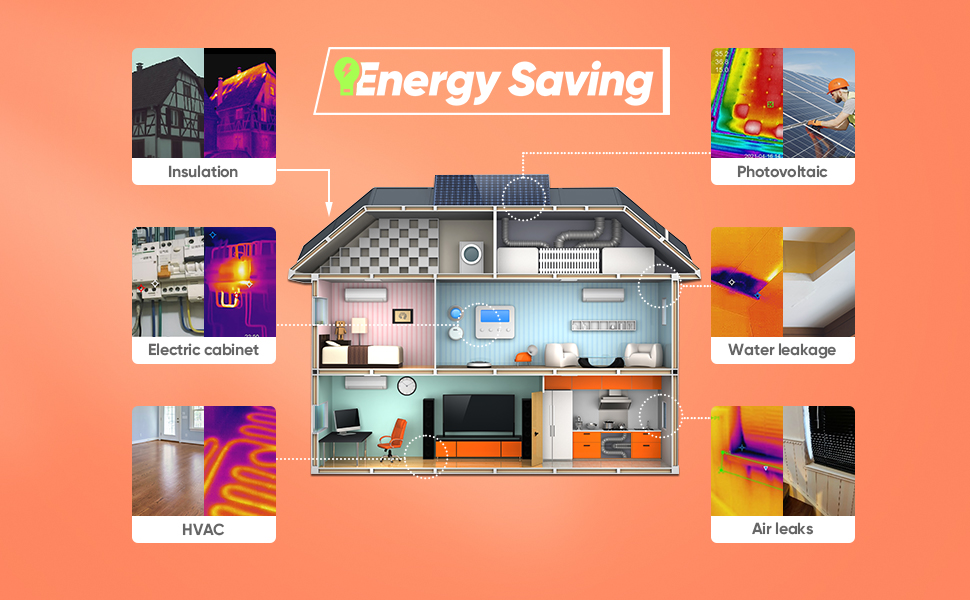
How can a thermal camera save energy?
- Detecting heat and energy loss
Thermal cameras can identify areas where heat and/or energy is lost in systems, a structure or in machinery. By capturing these areas with higher thermal radiation, it can point the user towards faults with inadequately insulated walls or windows, ineffective HVAC systems or broken equipment, all of which can lead to an increase in wasted energy. By eliminating the need for extra energy, cooling or energy use, these problems can lead to huge energy savings.
- Efficient monitoring and predictive maintenance
Thermal cameras enable operators to manage and optimise energy usage in real-time. As an example, if a machine is overheating it can signal that the equipment isn’t working properly or is showing signs of breaking, the operator can then act accordingly to ensure limited energy waste with faulty equipment.
This can also be used for predictive and preventive maintenance. By spotting anomalies in temperature patterns such as hotspots or abnormal rises in temperature, possible breakdowns can be discovered and acted upon before the issue arises, preventing energy loss caused by equipment downtime. Thermal cameras can be used for predictive and preventive maintenance in mechanical, electrical and HVAC systems.
- Energy-efficient future designs
Although thermal imagers can be used to save energy in the present, they’re a fantastic tool to identify how improvements can be made to buildings or machinery in the future. Architects and engineers can utilise information from thermal cameras to inform ideas on how to improve building insulation, ventilation and other aspects which are contributing to a waste of energy. By analysing information generated by thermal cameras, we can move towards minimal energy losses in workplaces being the standard.
How can HIKMICRO help?
Thermal imaging cameras are particularly useful at capturing information which is otherwise undetectable to our eyes. HIKMICRO’s range of thermal cameras provide non-destructive and non-contact temperature measurement and analysis, useful in a variety of applications.
HIKMICRO’s products have a lower temperature measurement sensitivity than other thermal cameras, needing just 35 mKk, compared to where the competition might need around 60-70mk. In addition to this, HIKMICRO cameras produce better image quality too. With cameras elsewhere languishing at a frame rate of around 9Hz, HIKMICRO boasts a 25Hz – almost three times as good.
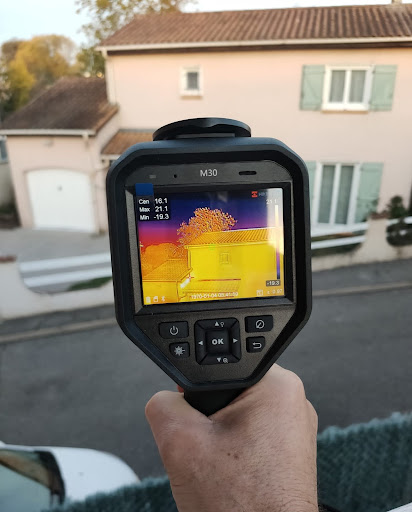
The Pocket Series
The Pocket Series is an example of one product that is perfect for interior use. The camera features in a compact format easy to handle :
- high-resolution HIKMICRO VOx 256 x 192 (49,152 pixels) detector and NETD < 40mk
- high-resolution configurable 2MP, 5MP and 8MP optical lens with Fusion Mode
- 3.5in LCD touch screen. It has three modes (manual, auto, 1-tap) which improve the image contrast, helping the user to identify issues quicker and more efficiently.
- Zoom mode and recordable video for temperature monitoring.
- Unique 10 years warranty on detector and 3 years on electronic.
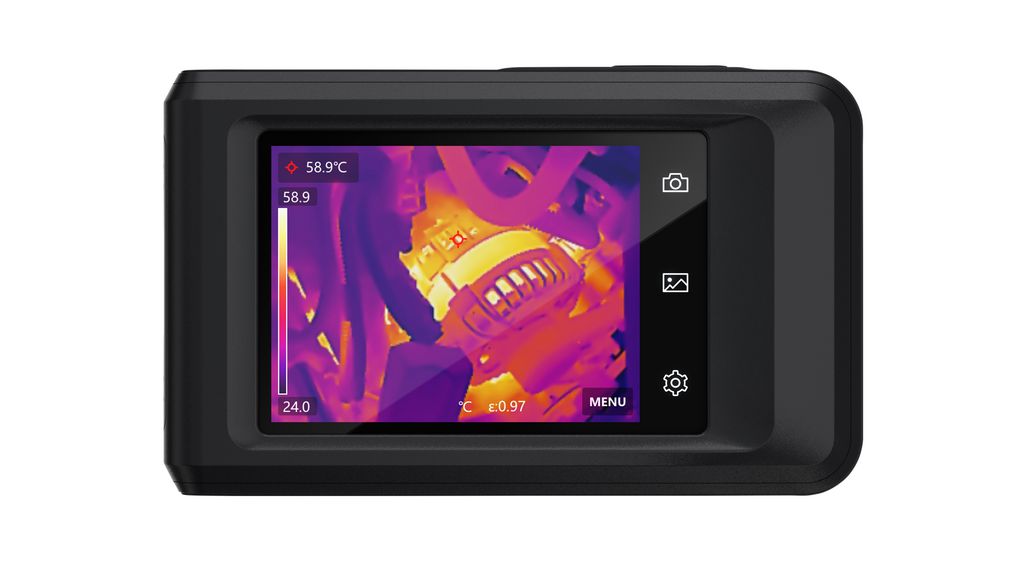
Other recommended products
HIKMICRO M Series
- A highly sensitive VOx detector (up to NETD < 35mk and 110 592 pixels ) or high image quality
- The Fusion mode will help you to identify any unclear scene
- Features a manual focus ring which allows you to see objects clearly on targets as close as 0.1m away.
- Interchangeable battery system
- Capability to add text and audio annotations to images.
- Rugged and durable – IP54 rating against water and dust. Drop protection of two metres.
- Laser pointer
- Connect the camera to another device with Wi-Fi to easily share images and generate reports.
- Unique 10 years warranty on detector and 3 years on electronic
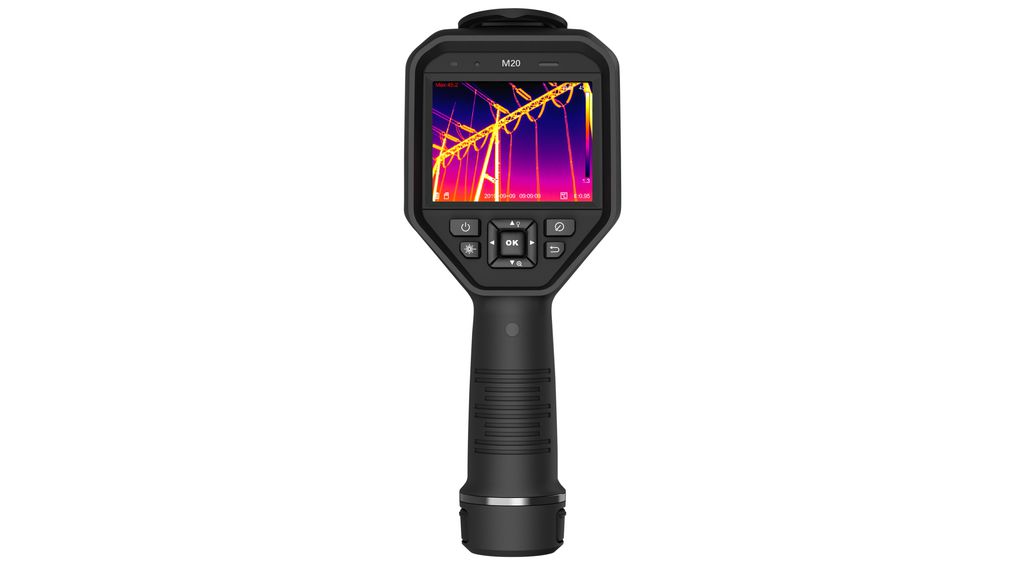
HIKMICRO B Series
- A highly sensitive VOx detector (NETD < 40mk and 49152 pixels ) for high image quality.
- Multiple image mode: Thermal, Optical, PIP and Fusion.
- Quick temperature measurement
- Innovative Macro Mode to see details as small as 500 microns for Electronic board components temperature checking
- High temperature alarm with audible and flash light alarm
- Fast image frequency – 25 Hz delivers smooth video and measurements when panning across areas or viewing moving targets.
- Unique 10 years warranty on detector and 3 years on electronic
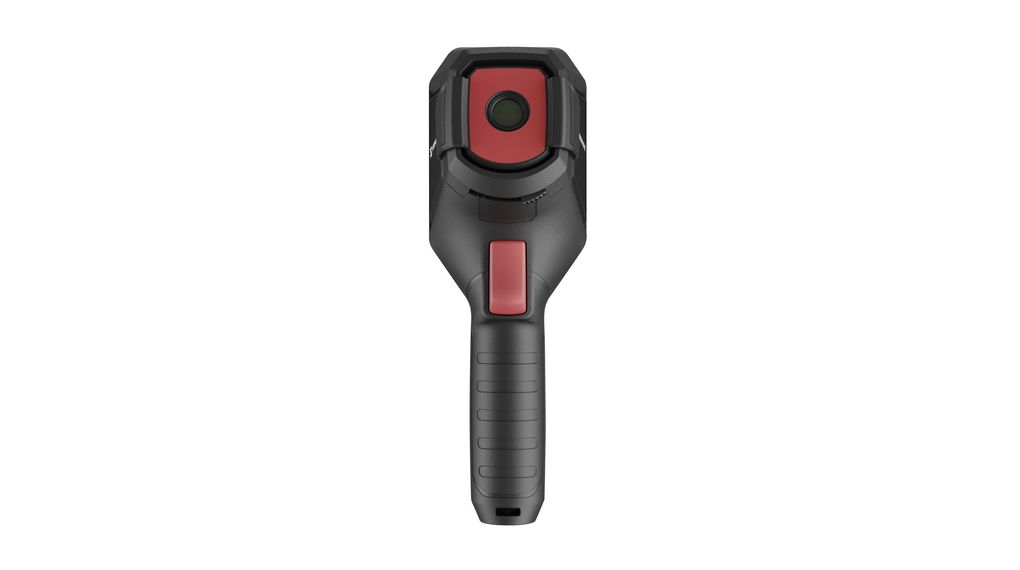
Conclusion
In conclusion, a thermal imager is an essential piece of kit for any company or individual looking for ways to save on energy usage and costs. In addition to highlighting areas which require action, thermal cameras can also provide information which can be used to improve and inform new designs for buildings, machinery and equipment. This information can be utilised to move towards a much more sustainable future and now it’s even more affordable than ever thanks to HIKMICRO complete range.










